Neurofeedback is an innovative technique that enhances traditional therapy by providing real-time feedback on brain activity. This non-invasive approach helps individuals learn to regulate their brain function, often improving symptoms associated with conditions like anxiety, depression, ADHD, and PTSD.
During neurofeedback sessions, sensors are placed on the scalp to monitor brainwaves, and this information is displayed on a screen. The individual is then guided to alter their brain activity through various exercises, promoting healthier patterns of thought and behavior. Over time, this can lead to lasting changes in how the brain functions, complementing the progress made in talk therapy or other therapeutic interventions.
By integrating neurofeedback into a treatment plan, individuals can gain greater insight into their mental processes and develop more effective coping strategies. This approach is particularly beneficial for those who may have plateaued in traditional therapy or are looking for additional tools to support their mental health journey.
Neurofeedback is not a standalone treatment but works best when used alongside other therapeutic methods. It offers a promising way to accelerate recovery and improve overall well-being by directly addressing the brain’s role in mental health.






